Why Spain is a great place for kids
Choosing the city that's right for you
Choosing the visa that's right for you
More than just great weather
Why Spain provides a better quality of life
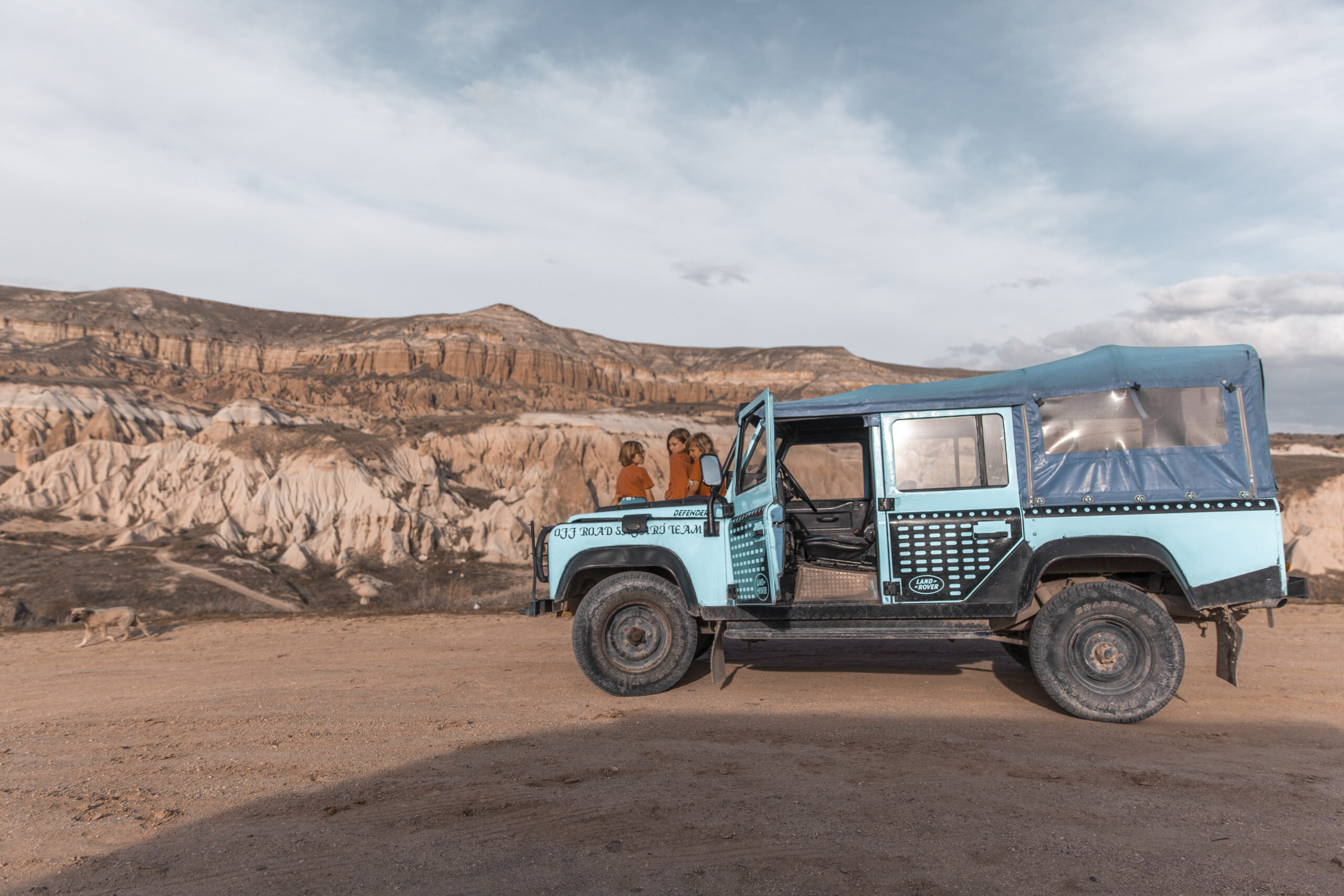
How we Plan
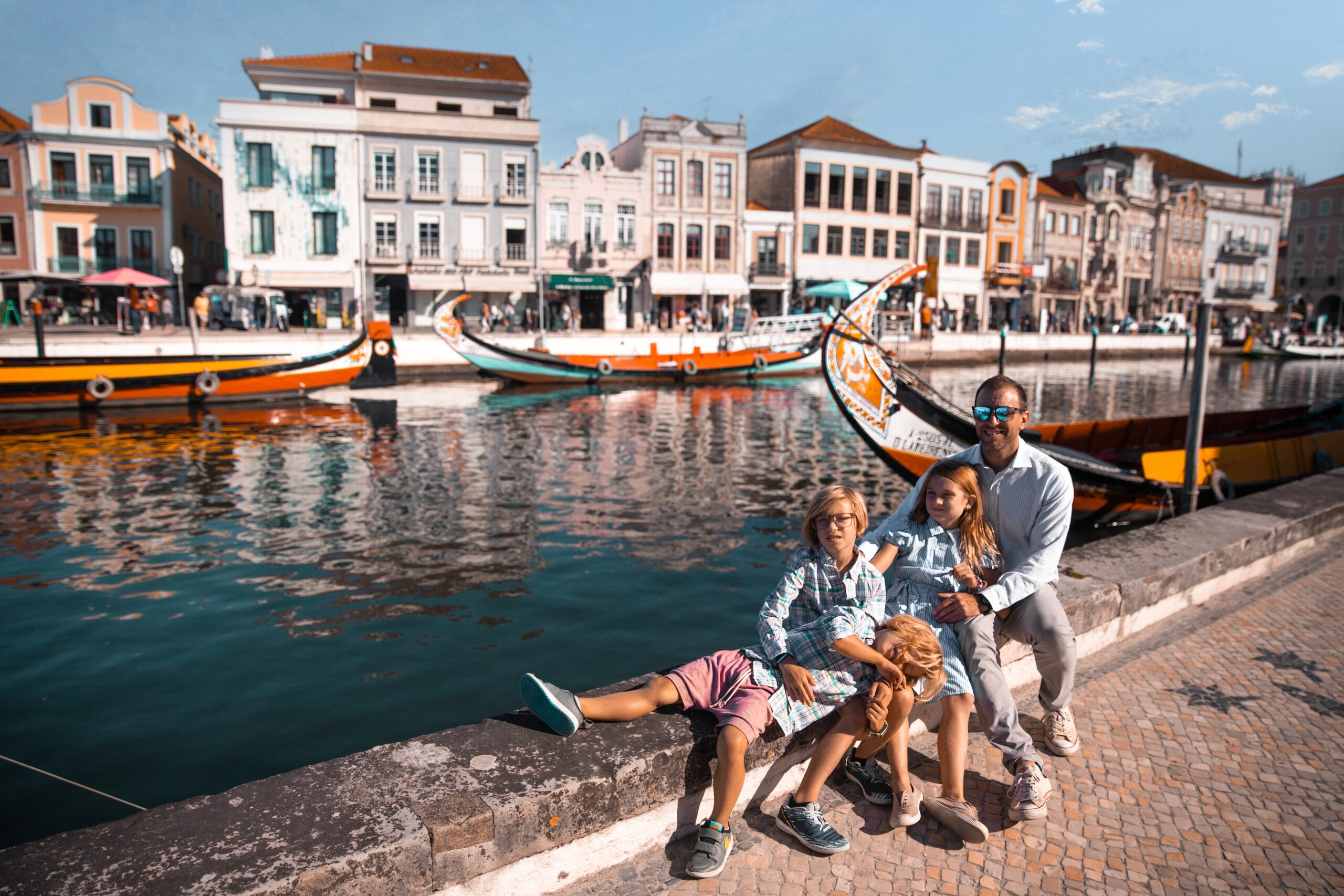
What we pack
Choosing Travel Insurance
Book Your Hotel
with Booking.com
Book Your Car
with RentalCars.com
Book Your Flight
with Skyscanner.com
Book Your Tour
with GetYourGuide.com
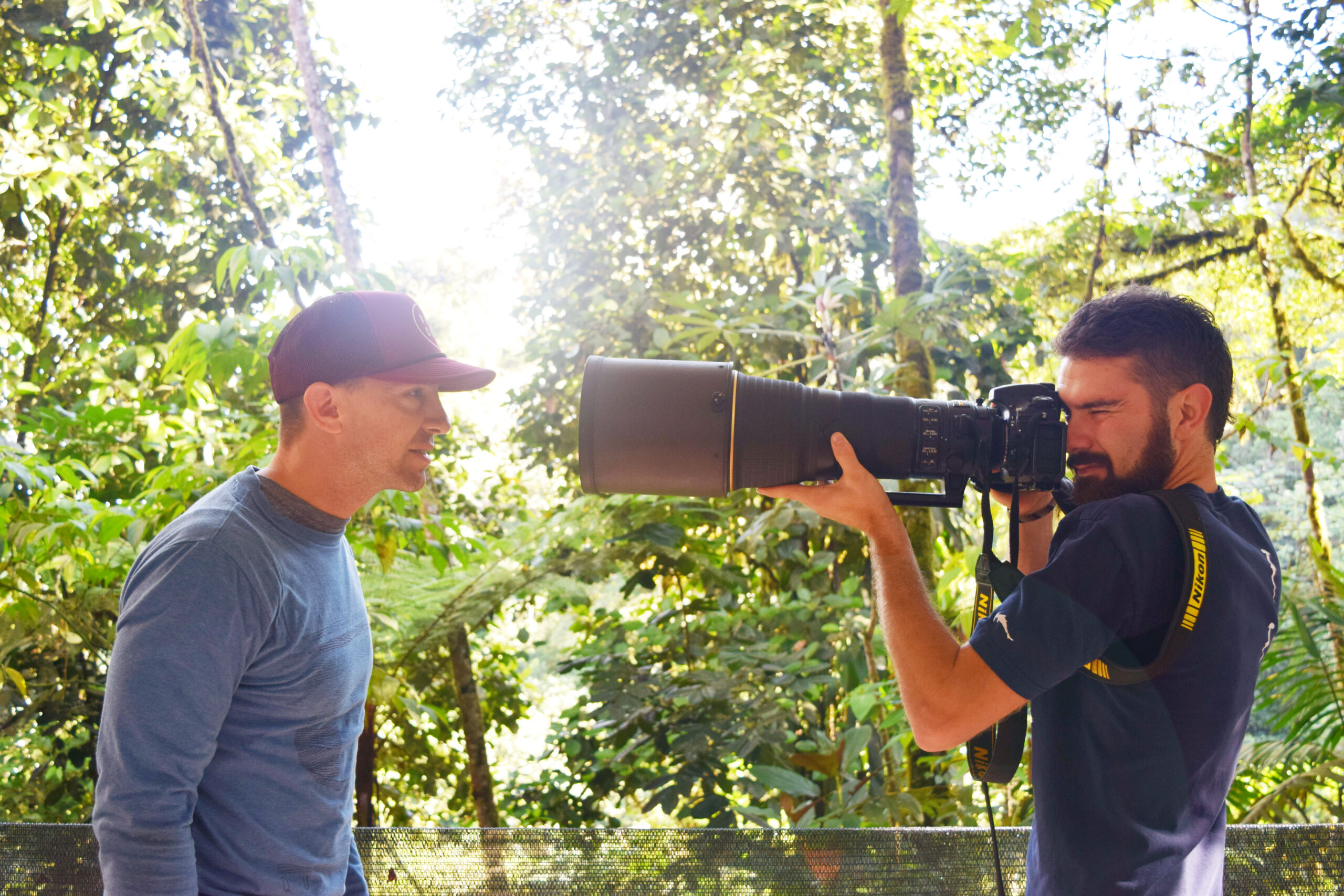
Our Camera Gear
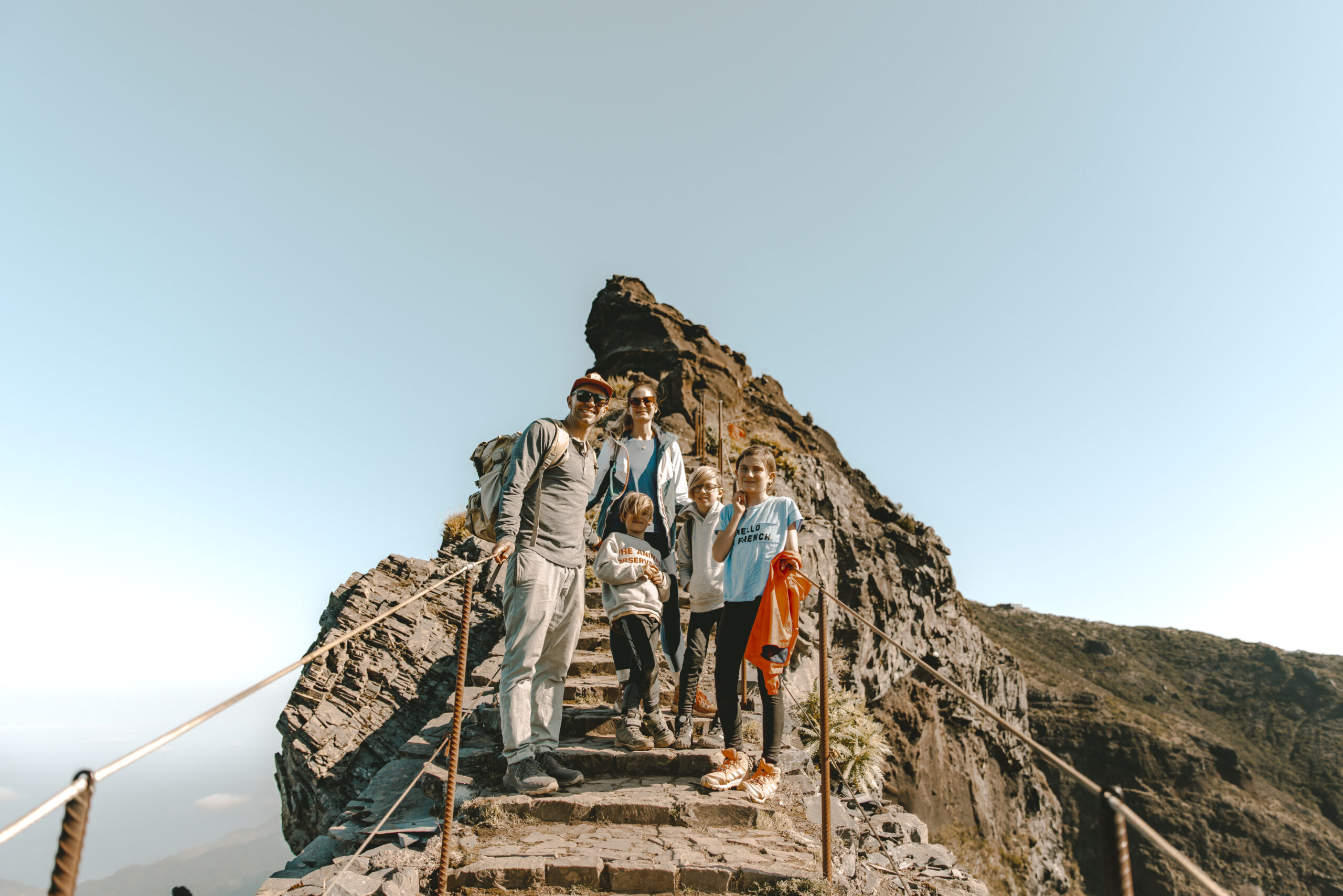
How We Fly
Choosing Your Destination
Guide to...
Fiji
Fiji, where pristine beaches, crystal-clear waters, and lush rainforests beckon travelers to discover a land of serene beauty, warm hospitality, and vibrant culture. From the secluded luxury resorts of the Yasawa Islands to the vibrant markets of Suva, Fiji offers a unique blend of relaxation, adventure, and cultural immersion amidst the stunning landscapes and turquoise waters of the South Pacific.
Map
Weather
Itineraries
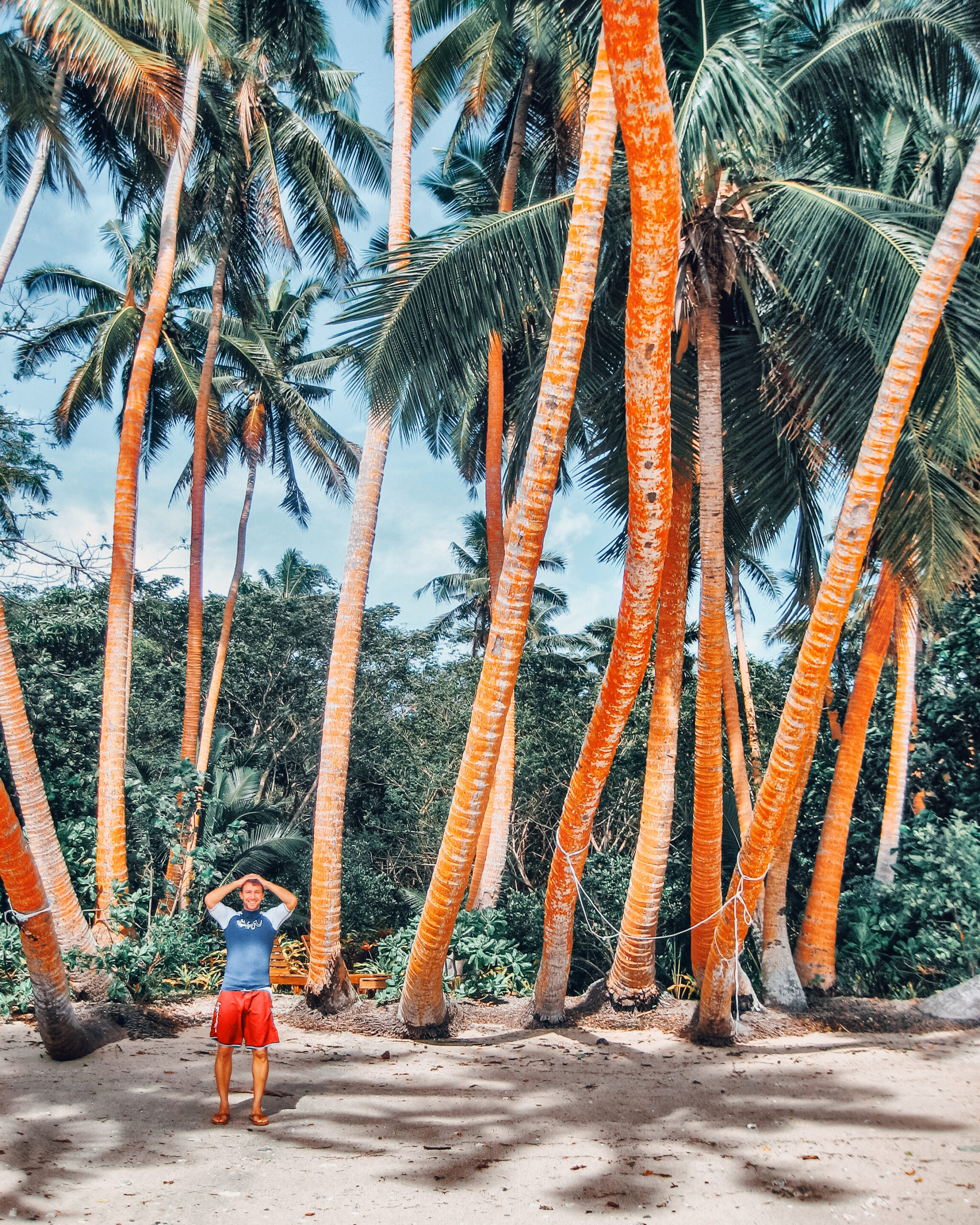
Coming Soon...
FAQ's
What are the main things to do with kids in Fiji?
Fiji is a great destination for families, offering plenty of activities and attractions that cater to children. Some of the main things to do with kids in Fiji include:
1. Beach activities: Fiji’s pristine beaches offer opportunities for swimming, snorkeling, building sandcastles, and playing beach games.
2. Water sports: Many resorts offer kid-friendly water sports like kayaking, stand-up paddleboarding, and boat rides.
3. Fiji Museum: Located in Suva, the museum showcases Fiji’s history and culture, with interactive exhibits that can engage children.
4. Kula Wild Adventure Park: This park in Sigatoka features a wildlife park, a waterslide, and zip-lining, providing a fun day out for families.
5. Sabeto Hot Springs and Mud Pool: Kids can enjoy a mud bath and a dip in the natural hot springs.
6. Village visits: Some resorts organize visits to local villages, where children can learn about Fijian culture and customs.
7. Fiji Airways Premier Lounge: If you’re transiting through Nadi International Airport, this lounge has a dedicated kids’ room with toys, games, and a PlayStation.
8. Reef exploration: Glass-bottom boat tours or semi-submersible vessels allow children to discover the colorful marine life without getting wet.
9. Coconut-themed activities: Many resorts offer coconut-related activities like coconut bowling, coconut husking, and coconut leaf weaving, which can be entertaining for kids.
10. Firewalking shows: Fijian firewalking ceremonies can be an exciting cultural experience for older children.
What is Fiji famous for?
Fiji is famous for several things, including:
1. Stunning beaches: Fiji is known for its pristine white sandy beaches and crystal-clear turquoise waters, making it a popular tropical holiday destination.
2. Coral reefs: The islands are surrounded by extensive coral reefs, offering excellent snorkeling and diving opportunities.
3. Friendly locals: Fijians are known for their warm hospitality and welcoming nature, often greeting visitors with a cheerful “Bula!”
4. Fiji Water: The iconic square bottle of artesian water, sourced from an aquifer in Fiji, is popular worldwide.
5. Rugby: Rugby is the national sport of Fiji, and the country is known for producing world-class rugby players, particularly in the Rugby Sevens format.
6. Fijian culture: The country has a rich cultural heritage, with traditions like kava ceremonies, fire walking, and meke (traditional dance) performances.
7. Luxury resorts: Fiji is home to numerous high-end resorts, many of which are located on private islands, offering exclusive and luxurious experiences.
8. Mamanuca and Yasawa Islands: These two island chains are famous for their picture-perfect tropical landscapes and are popular among tourists.
9. Soft coral capital of the world: Fiji’s coral reefs are known for their vibrant soft corals, making it a top destination for underwater enthusiasts.
10. Fiji Hindi: Fiji has a significant Indo-Fijian population, and Fiji Hindi, a unique dialect of Hindi, is widely spoken on the islands.
What power plug type does Fiji use?
Fiji uses the same power plugs and sockets as Australia and New Zealand, which are Type I. These plugs have two flat pins in a V-shape, with a third flat pin below for grounding.
Some key points about Fiji’s power plugs and electricity:
1. The voltage in Fiji is 240V, and the frequency is 50Hz.
2. Type I plugs are used in Fiji, Australia, New Zealand, Papua New Guinea, and some Pacific Island nations.
3. If your devices are not compatible with 240V or have a different plug type, you’ll need a voltage converter and/or a travel adapter.
4. It’s important to check the compatibility of your devices with the local voltage to avoid damage to your electronics.
5. Some hotels and resorts may provide adapters for international guests, but it’s always a good idea to bring your own to ensure you have what you need.
When traveling to Fiji, make sure you have the appropriate adapters and voltage converters for your electronic devices to ensure a smooth and hassle-free experience.
Is Fiji safe?
Fiji is generally considered a safe destination for travelers, with a relatively low crime rate. However, as with any travel destination, it’s essential to be aware of potential risks and take necessary precautions. Here are some safety considerations:
1. Petty crime: Petty theft and pickpocketing can occur in crowded areas or tourist hotspots. Keep valuables secure and be cautious in busy places.
2. Water safety: Be mindful of strong currents, riptides, and marine life when swimming, snorkeling, or diving. Follow local advice and guidelines.
3. Road safety: Road conditions can be poor in some areas, and local driving practices may be different from what you’re used to. Exercise caution when driving or crossing the road.
4. Health concerns: Fiji has some mosquito-borne illnesses, such as dengue fever and Zika virus. Use insect repellent and take measures to avoid mosquito bites.
5. Natural disasters: Fiji is located in a region prone to cyclones, especially between November and April. Stay informed about weather conditions and follow local advice.
6. Political instability: While rare, Fiji has experienced periods of political instability in the past. Keep an eye on current events and follow the advice of local authorities.
7. LGBTQ+ travelers: Fiji can be more conservative than many Western countries regarding LGBTQ+ rights. Exercise discretion and be mindful of local attitudes.
Despite these concerns, most visits to Fiji are trouble-free. By taking common-sense precautions, staying informed, and respecting local customs and laws, you can minimize risks and enjoy a safe and enjoyable trip to Fiji.
What are 5 interesting facts about Fiji?
Here are five interesting facts about Fiji:
1. Fijian chiefs once practiced cannibalism: In ancient Fijian culture, cannibalism was a ritual practiced by chiefs to demonstrate their power and prestige. The practice was eventually banned in the late 19th century after the arrival of Christian missionaries.
2. Fiji is made up of over 300 islands: While Fiji is often referred to as an island nation, it’s actually an archipelago consisting of more than 300 islands, out of which only about 110 are permanently inhabited.
3. Fiji was a British colony: Fiji was a British colony from 1874 to 1970. In 1970, Fiji gained independence and became a member of the Commonwealth of Nations.
4. Fijians have a unique way of saying “yes”: In Fiji, people often say “bula” as a greeting, but they also use the word “vinaka” to mean “thank you” and “io” (pronounced “ee-oh”) to mean “yes.”
5. Fiji is the soft coral capital of the world: Fiji’s coral reefs are home to a wide variety of soft corals, which are known for their vibrant colors and intricate shapes. The country’s reefs are considered some of the most beautiful and diverse in the world, making Fiji a top destination for snorkelers and divers.
6. Fiji has a significant Indo-Fijian population: Nearly 40% of Fiji’s population is of Indian descent, as many Indians were brought to Fiji as indentured laborers by the British in the late 19th and early 20th centuries to work on sugar plantations. This has led to a unique Indo-Fijian culture and cuisine.
What is so unique about Fiji?
Fiji is unique in several ways, from its geography and natural beauty to its culture and history. Here are some of the most distinctive aspects of Fiji:
1. Diverse geography: Fiji is an archipelago of more than 300 islands, each with its own unique landscape, ranging from lush rainforests and rugged mountains to pristine beaches and vibrant coral reefs.
2. Soft coral capital of the world: Fiji’s underwater world is exceptional, boasting some of the most colorful and diverse soft coral reefs on the planet, making it a top destination for snorkeling and diving enthusiasts.
3. Unique cultural mix: Fiji has a fascinating blend of indigenous Fijian, Indo-Fijian, and British colonial influences, creating a rich tapestry of cultural traditions, languages, and cuisines.
4. Kava ceremonies: Fijian culture places great importance on the traditional kava ceremony, where participants drink a mildly narcotic beverage made from the root of the kava plant as a way to bond, relax, and connect with others.
5. Firewalking: Fiji is one of the few places in the world where you can witness the ancient ritual of firewalking, which originated on the island of Beqa and is still practiced by some Fijian clans today.
6. Happiness and hospitality: Fijians are known for their warm, friendly demeanor and generous hospitality, often greeting visitors with a cheerful “Bula!” and making them feel welcome in their homes and communities.
7. Fiji time: The laid-back, relaxed pace of life in Fiji is often referred to as “Fiji time,” reflecting the island nation’s emphasis on enjoying the moment and not rushing through life.
These unique aspects, along with its stunning natural beauty and luxurious resorts, make Fiji a one-of-a-kind destination that offers visitors an unforgettable experience.
What is the basic information about Fiji?
Here is some basic information about Fiji:
1. Location: Fiji is an archipelago of over 300 islands located in the South Pacific Ocean, about 2,000 km (1,243 miles) northeast of New Zealand.
2. Capital: The capital and largest city of Fiji is Suva, located on the island of Viti Levu.
3. Population: As of 2021, Fiji’s population is estimated to be around 900,000 people.
4. Languages: The three official languages of Fiji are English, Fijian (iTaukei), and Fiji Hindi. English is widely spoken and serves as the primary language of commerce and education.
5. Government: Fiji is a parliamentary republic, with a President as the head of state and a Prime Minister as the head of government.
6. Economy: Fiji’s economy is primarily based on tourism, agriculture (particularly sugar exports), and remittances from Fijians working abroad.
7. Climate: Fiji has a tropical marine climate, with high temperatures and humidity throughout the year. The dry season runs from May to October, while the wet season is from November to April.
8. Religion: Christianity is the dominant religion in Fiji, with the majority of the population identifying as Methodist. Hinduism and Islam are also significant, primarily among the Indo-Fijian population.
9. Time zone: Fiji observes Fiji Time (FJT), which is UTC+12:00. Daylight Saving Time is not observed.
10. Currency: The Fijian Dollar (FJD) is the official currency of Fiji.
These basic facts provide a general overview of Fiji, its geography, demographics, government, economy, and culture.
What food is Fiji known for?
Fiji is known for a variety of delicious dishes that reflect its unique cultural influences, including indigenous Fijian, Indian, and British flavors. Some of the most famous Fijian foods include:
1. Kokoda: A traditional Fijian dish made with raw fish (usually mahi-mahi or wahoo) marinated in citrus juice and mixed with coconut milk, onions, and chili peppers.
2. Lovo: A celebratory Fijian feast where meats, fish, and vegetables are wrapped in banana leaves and cooked in an underground oven called a lovo.
3. Cassava: A starchy root vegetable that is a staple in Fijian cuisine, often served boiled, fried, or mashed as a side dish.
4. Rourou: A dish made from the young, tender leaves of the taro plant, cooked with coconut milk, onions, and sometimes meat or fish.
5. Taro: Another staple root vegetable in Fiji, often served boiled or mashed, and sometimes used as a base for sweet desserts.
6. Topoi: A type of Fijian bread made from grated cassava or taro, mixed with flour and coconut milk, then wrapped in banana leaves and baked.
7. Fiji Indian cuisine: Dishes like curry, roti, and chutney, which reflect the Indian influence on Fijian cuisine, are popular throughout the islands.
8. Fresh tropical fruits: Fiji is known for its abundant fresh fruits, including pineapples, papayas, mangoes, and bananas.
9. Kava: While not a food, kava is an important part of Fijian culture and is often consumed in social gatherings and ceremonies. It is a mildly narcotic drink made from the root of the kava plant.
These dishes and ingredients showcase the diverse and flavorful culinary traditions of Fiji, which are an integral part of the island nation’s culture and identity.

